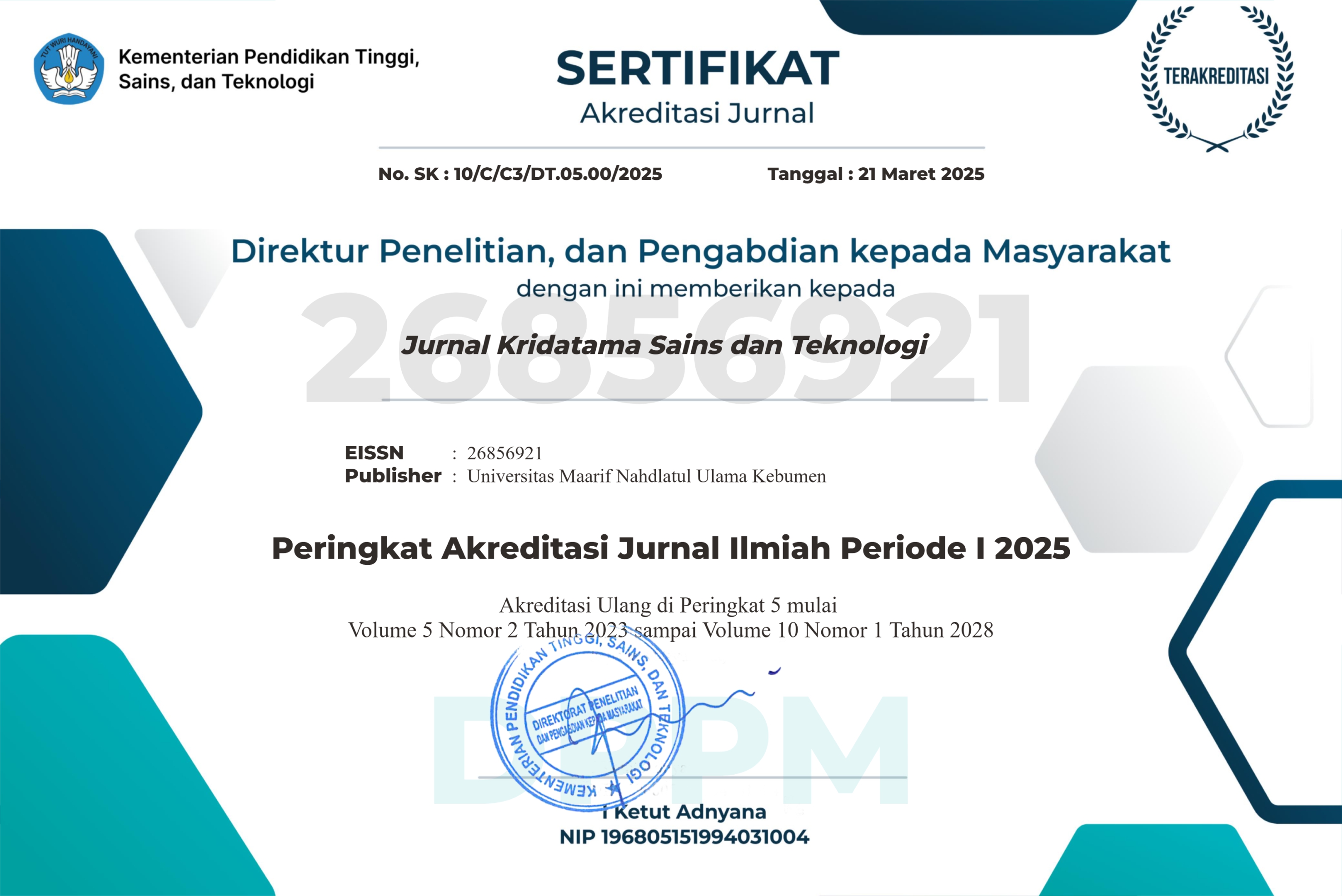Peran Sekolah Lapangan Organik (Slapo) dalam Mengurangi Kemiskinan Menurut Perspektif Ekonomi Islam di Nagari Sumpur Kudus Kabupaten Sijunjung
DOI:
https://doi.org/10.53863/kst.v5i02.947Keywords:
Islamic economics, Poverty, Organic Field SchoolAbstract
The agricultural sector is one of the sectors that plays an important role in the economic growth of a country, while programs held by the government for farmers can be channeled through gapoktan platforms and farmer groups. Therefore, the formation of farmer groups often becomes a formal organization. By creating this farmer group, problems that arise can be resolved jointly by farmers starting from the technical aspects of carrying out production, meeting production facilities, and marketing their products.This study aims to find out how the role of Organic Field Schools (SLAPO) in Reducing Poverty According to the Perspective of Islamic Economics. This study used a qualitative research method with research informants Wali Nagari Sumpur Kudus and 10 members of the organic field school in Nagari Sumpur Kudus. The data collection techniques used were observation, interviews and documentation. The results of this study indicate that the role of organic field schools in Nagari Sumpur Kudus has been able to increase the income of the community, especially members of farmer groups, although there are still not many who can reduce poverty rates, they have been able to increase farmer productivity, namely by using organic fertilizers with ingredients that are easy to find in around the environment. So farmers no longer spend a lot of money in cultivating farmers' fields. With the existence of an organic field school in Nagari Sumpur Kudus with the aim of increasing knowledge, skills and being able to overcome the obstacles faced by farmers.
Keyword: Islamic economics, Poverty, Organic Field School
References
Anggita Albi, (2018). “Metodologi Penelitian Kualitatif “, (Jawa Barat : CV Jejak).
Micheal Todaro, (2017). “Pembangunan Ekonomi di Dinia Edisi 1”, Jakarta.
Sayoto Sandu, (2015). “Dasar Metodologi Penelitian”, (Yogyakarta : Literasi Media Publishing.
Syauqi Irfan, (2016). “Ekonomi Pembangunan Syariah,” (Depok : PT RajaGrafindo Persada).
Al-Amin, A.-A., Andespa, W., & Bashir, H. (2022). Peran Baitul Maal Wa Tamwil (BMT) Sidogiri Unit Cabang Sui Kunyit Terhadap Pemberdayaan Usaha Mikro Kecil di Desa Sui Kunyit Hulu. BULLET: Jurnal Multidisiplin Ilmu, 1(6), 1214–1227.
Asnah, A., Sabri, S., Febrianti, E., & Al-Amin, A.-A. (2023). Konsep Pemeliharaan Harta Dalam Perspektif Konvensional Dan Syariah. Innovative: Journal Of Social Science Research, 3(2), 11033–11046.
Doni, A. H., Al-Amin, A.-A., & Alfiona, F. (2022). LITERATUR REVIEW: EFEK PENDAPATAN DAN SUBSTITUSI DITINJAU DARI EKONOMI ISLAM DAN KONVENSIONAL. Jurnal Ilmiah Ekonomi, Manajemen Dan Syariah (JIEMAS), 1(3), 144–151.
Sabri, S., Febrianti, E., Asnah, A., & Al-Amin, A.-A. (2023). Konsep Rasional Ekonomi Konvensional Dan Syariah Melalui Berbagai Perspektif. Innovative: Journal Of Social Science Research, 3(2), 11047–11058.
Eka Mawarni, dkk, (2017). “Peran Kelompok Tani dalam Peningkatan Pendapatan Petani Padi Sawah di Desa Iloheluma Kecamatan Kilongkabila Kabupaten Bone Bolango”, Jurnal Agrinesia, Vol. 2, No.1.
Fadila Nurul.,(2023). “Kemiskinan dan Alat Ukur Kemiskinan”, Jurnal On Education, Vol. 05, No. 03.
Wahyu Prasetyono Dwi, (2019). “Pengembangan Kapasitas dan Kelembagaan Kelompok Tani Sebagai Pilar Pemberdayaan Petani”,Jurnal Ekonomi Sosial Budaya, Vol. 02, No. 02.
Downloads
Published
How to Cite
Issue
Section
License
Copyright (c) 2023 Rani Marta Sari,Zuwardi Zuwardi

This work is licensed under a Creative Commons Attribution-ShareAlike 4.0 International License.
Authors retain copyright and grant the journal right of first publication with the work simultaneously licensed under a Creative Commons Attribution-ShareAlike 4.0 International License that allows others to share the work with an acknowledgment of the work’s authorship and initial publication in this journal

















